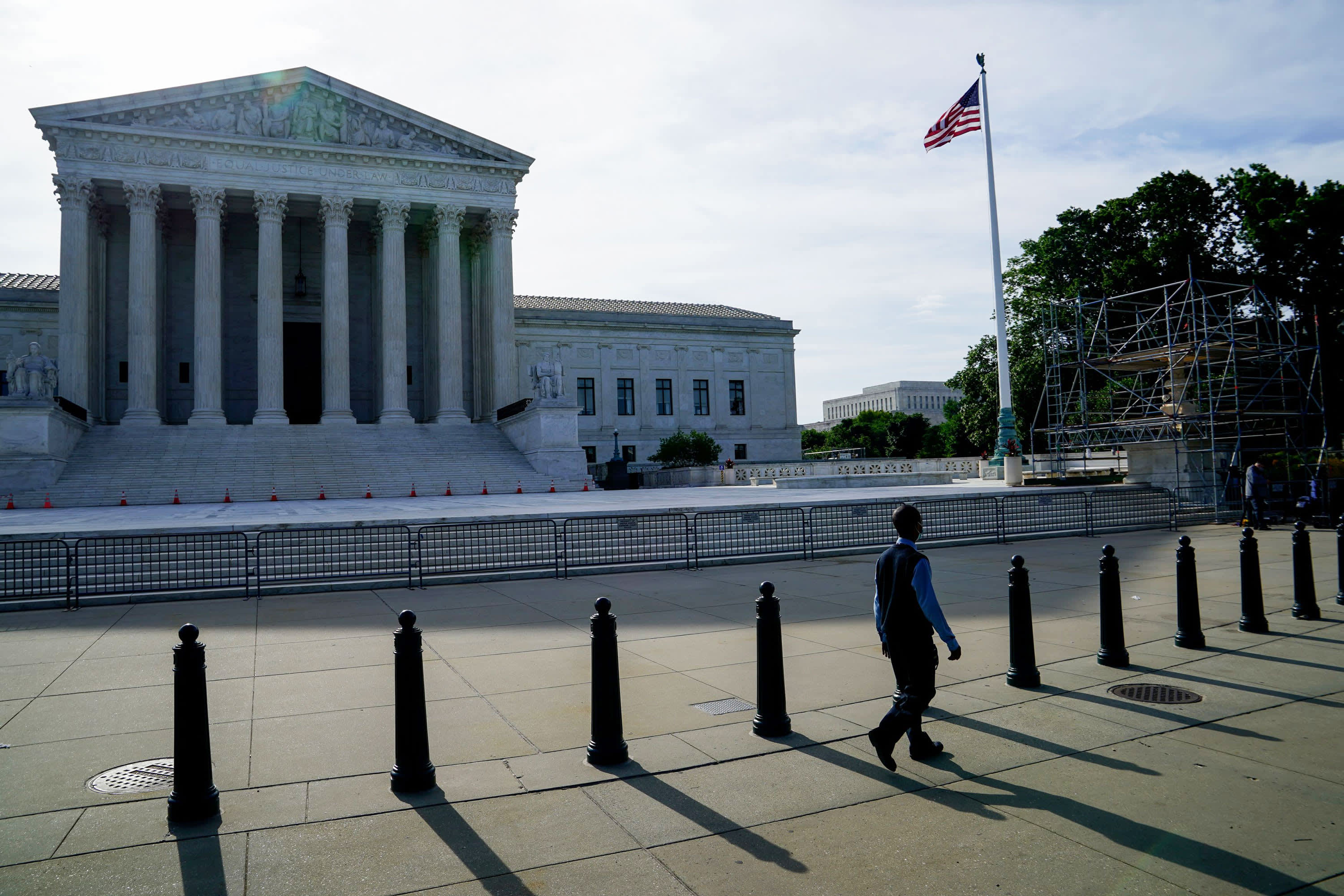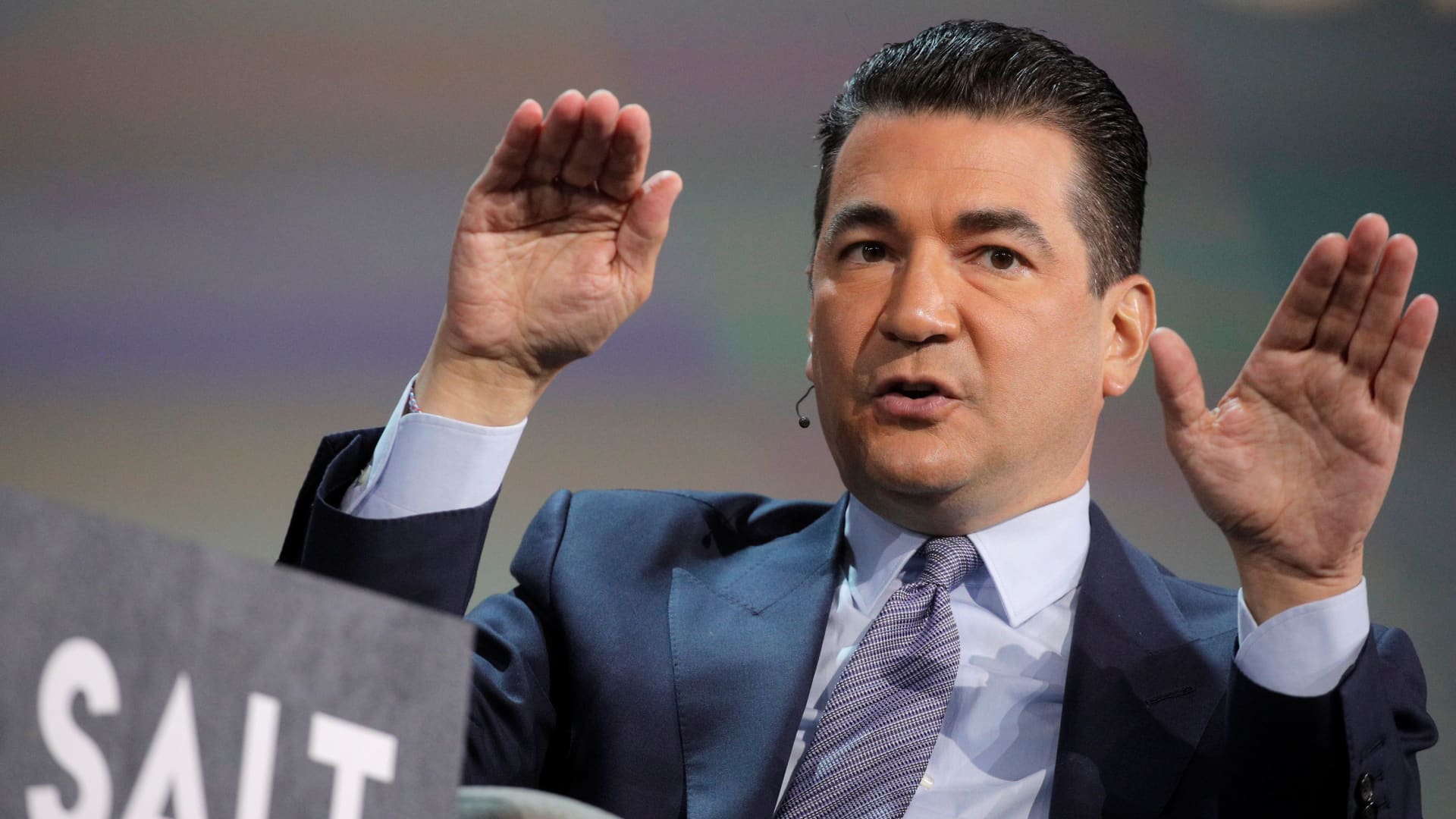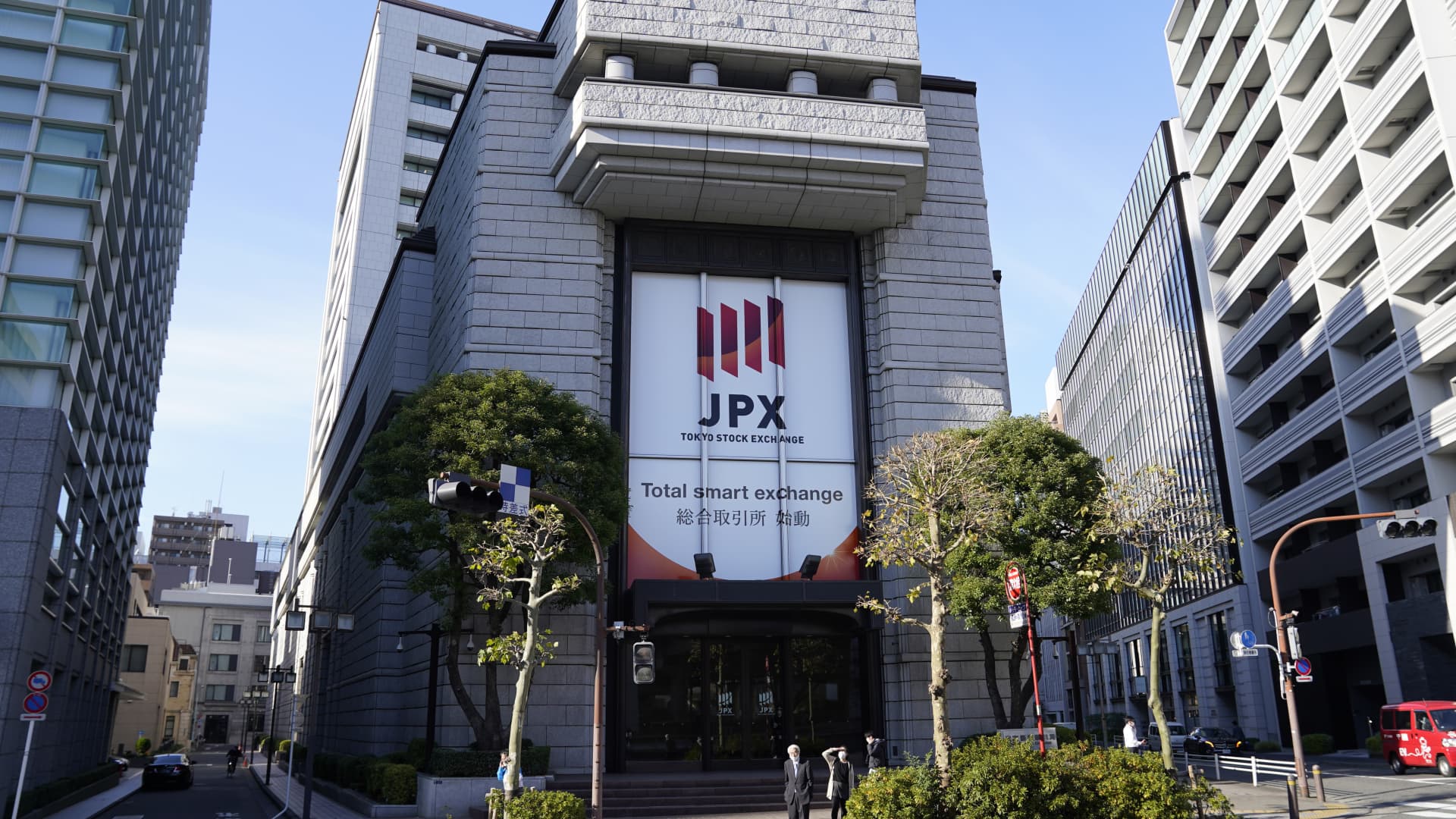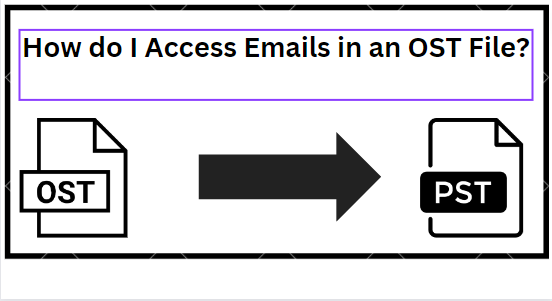Supreme Court takes Coinbase appeal over crypto lawsuits
The eventual Supreme Court ruling in the appeal by crypto exchange Coinbase could resolve a split between appeals court on a question involving arbitration.

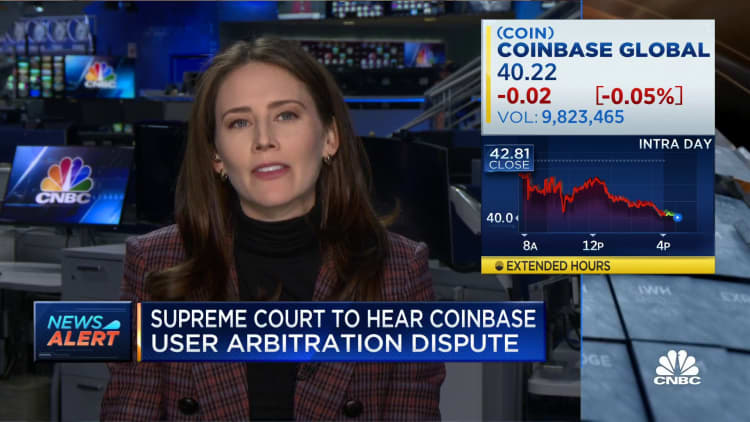
The Supreme Court on Friday agreed to hear an appeal by the major crypto exchange Coinbase, which is seeking to have two customer lawsuits against the company resolved by private arbitration, not by a federal court.
"We are gratified the Supreme Court agreed to hear our appeal, and we look forward to its resolution of this matter," a Coinbase spokesperson said.
The issue the high court will take up in Coinbase's case relates to the highly technical question of whether a party in a lawsuit can be forced to continue to defend the case in proceedings in a federal district court, even as it asks an appeals court to send the dispute to an arbitrator.
But the case might be the first taken by the Supreme Court involving a cryptocurrency company.
"It's the first one I've known of, for sure," said Glenn Chappell, an attorney for Abraham Bielski, one of the Coinbase customers who is suing the company.
"It may very well be the first one," he said.
People watch as the logo for Coinbase Global Inc, the biggest U.S. cryptocurrency exchange, is displayed on the Nasdaq MarketSite jumbotron at Times Square in New York, April 14, 2021.
Shannon Stapleton | Reuters
He and Bielski's other lawyers had opposed Coinbase's request to have the Supreme Court take the case.
"We don't think that companies like Coinbase should be entitled to an automatic stay of litigation after a district court has already determined their arbitration is unlawful," Chappell said.
But, he added, "We definitely still welcome the ability to advocate on behalf of consumers in the matter."
Bielski sued Coinbase after he was scammed out of more than $31,000 from his account at the company by someone not connected to Coinbase. His would-be class action lawsuit alleges that the Electronic Funds Transfer Act requires Coinbase to credit customer accounts for stolen cryptocurrency.
Coinbase sought to compel arbitration. But a California federal district court judge ruled that the arbitration agreement Bielski had with the company was not valid under that state's law, which allowed his case to proceed in district court.
In the other lawsuit taken up by the high court on Friday, Coinbase customers sued the company in California district court claiming that Coinbase's promotion of a Dogecoin sweepstakes in June 2021 violate state law.
As in Bielski's case, a district judge refused Coinbase's request to send the sweepstakes-related case to arbitration.
The U.S. Circuit Court of Appeals for the Ninth Circuit in both cases denied Coinbase's request to put the lawsuits on hold at the district court level as the company pursued appeals seeking to overturn the rulings denying it arbitration.
Neal Katyal, an attorney representing Coinbase at the Supreme Court, in his petition asking the justices to hear the company's appeal said that there is a deep split among lower federal appeals courts on the question the court will decide.
Six federal appeals circuits have held that an appeal of a denial of a motion to compel arbitration "automatically" stays proceeding in a district court, Katyal wrote.
But, "Three circuits ... have held the opposite," he added. "The circuits will remain divided unless this Court intervenes."
"Coinbase must now devote significant time, energy, and resources to burdensome putative class actions in two District Courts even though the Ninth Circuit is likely to conclude that neither case belongs in federal court to begin with," Katyal wrote.

 JaneWalter
JaneWalter 







